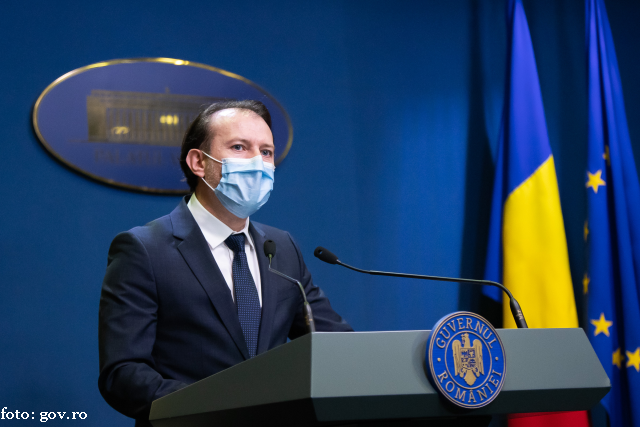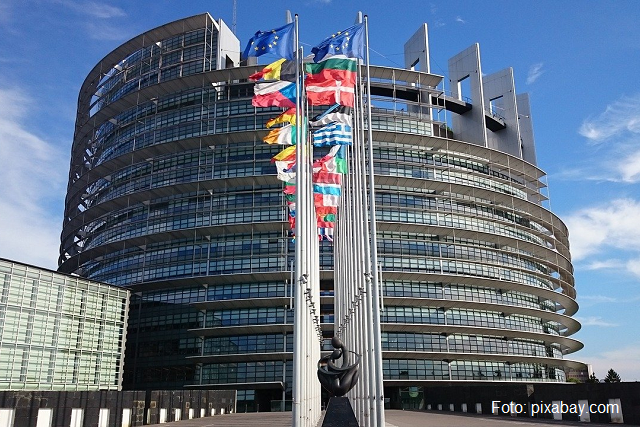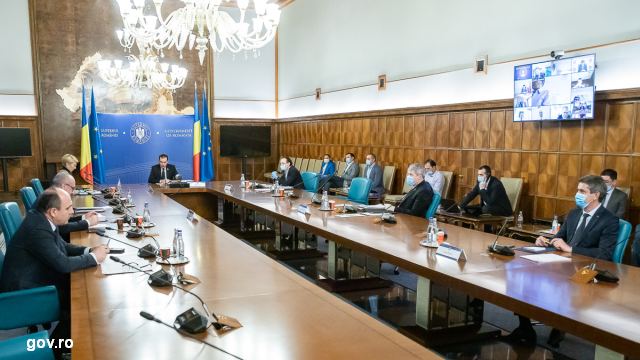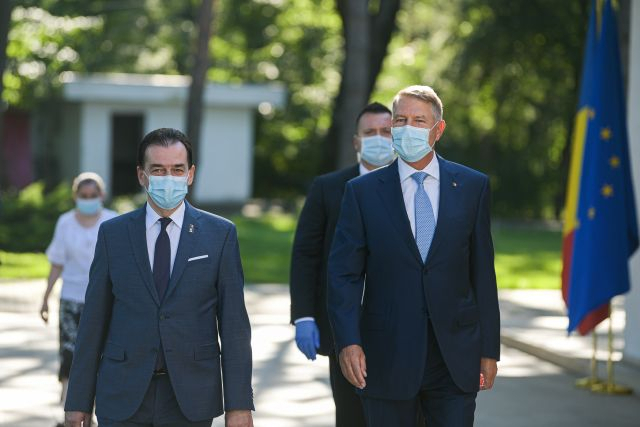PENSIONS Romanias Parliament Wednesday passed a bill scrapping special pensions for Senators and Deputies, with 357 votes and 30 abstentions. The Chamber of Deputies Speaker Ludovic Orban said cancelling special pensions for MPs is just a first step. We will have to tackle the entire relevant legislation, so as to bring all pensions in Romania as close as possible to the principle of previous contributions, Ludovic Orban said.
FINANCES The president of Romania Klaus Iohannis said on Wednesday that recent talks with Cabinet members focused on the preparation of projects under the National Recovery and Resilience Plan, and explained that these will primarily target hospitals, the environment, and jobs. He emphasised that the document would be ready by April, when it will be submitted to the European Commission. Johannis also said Romania may get “significant funding under the NRRP, which makes available over 30 billion euros. The head of state explained that investments are needed in Romanias hospitals and schools. Another topic approached was that of jobs. According to the president, thorough and sustainable environment programmes are also necessary.
PROTESTS Trade unions carried on protests on Wednesday in Bucharest and other major cities. The government headquarters was first picketed by unionists from the police, public administration, social assistance, court clerks, and public finances. They were followed by trade unions from other sectors as well. Protests were also held in front of the head offices of 2 parties in the ruling coalition, the National Liberal Party and USR-PLUS Alliance. People are disgruntled with the draft 2021 budget, which they see as an austerity budget and likely to extend the economic crisis entailed by the coronavirus pandemic. On Tuesday employers and employees in the hospitality industry also voiced their discontent. Not least, railway unions rallied for the enforcement of the railway personnel act, which is supposed to increase salaries and provide for more investments in the sector.
MOTION Romanian Deputies Wednesday dismissed a simple motion tabled by the Social Democrats in opposition against the health minister Vlad Voiculescu, the first motion in the current legislative term. Both the Social Democrats and AUR Party MPs voted in favour of the document. The motion demanded the resignation of the health minister, accusing him of failure to be properly involved in the efficient management of the Covid-19 vaccination and testing programmes and to take the measures necessary in order to avoid fires in hospitals. The document was discussed in the Chamber on Monday. At that time Vlad Voiculescu said the responsibility for the disastrous state of Romanias public healthcare lies with the Social Democrats. In procedural terms, a simple motion, even if passed in Parliament, does not entail the dismissal of a Cabinet member.
COVID-19 The head of the National Vaccination Coordination Committee, dr. Valeriu Gheorghiţă, announced that, less than 2 months since the start of the vaccination programme in Romania, the benefits are already evident. According to official data, nearly 90% of the healthcare staff eligible for vaccination in the first stage of the programme have already received both doses, and more than 98% of them the first dose. Since the start of the programme on December 27, nearly 716,000 people have been immunised. Over 1.2 million doses have been administered, most of them produced by Pfizer/BioNTech, followed by Moderna and AstraZeneca. Meanwhile, over 2,800 new COVID-19 cases have been reported over the past 24 hours, out of nearly 35,000 tests run nation-wide. The total number of cases in Romania since the start of the pandemic is over 768,000, with the death toll standing at 19,588. (tr. A.M. Popescu)

